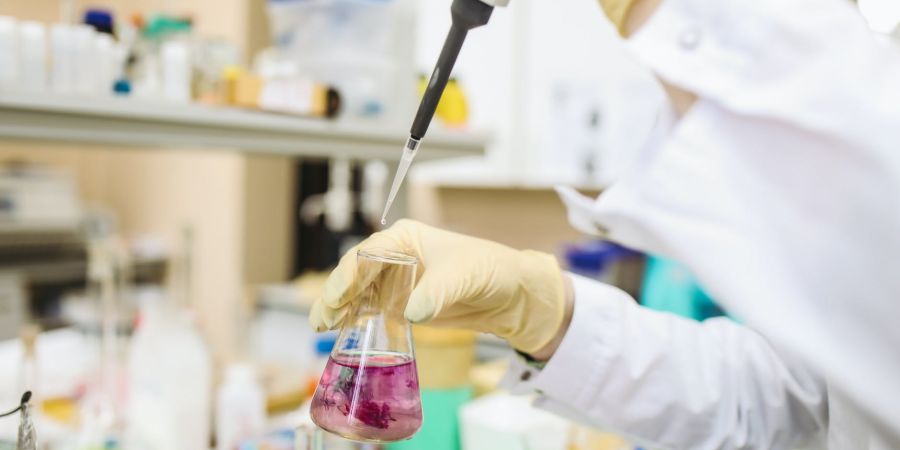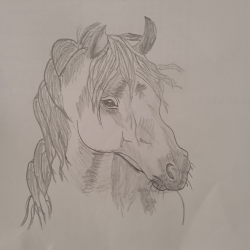

For the first time in the year 1995, the artificial kidney was developed as a medical device. Since then, the morale of researchers has increased about the fact that the human organs necessary for the structure of the body can be replaced.
Soon thereafter the heart, which was considered to have human qualities, was also replaced by external instruments. In a way, synthetic biology has conquered the very complex heart of the human muscle. In the same month, scientists at Yale University in the US partially revived some pigs an hour after their deaths.
The scientists reactivated some cellular cells in the heart and liver of pigs through the OrganX system. Oxygen had begun to flow into the pigs' tissues from Organix. Some contractions were also detected in his heart. However, the pig's heart had not started functioning fully.
The pigs did not regain consciousness. Researchers at Yale University have demonstrated that vital organs may remain treatable in the early stages of death. This discovery has not yet been used in clinical medicine. But this can challenge medical claims that life ends and death begins.
Our living brain is the last of the human organs, parts of which cannot be artificially replaced. Philosopher Daniel Dennett writes that if at one point our hearts were symbols of the eccentricities of human beings, then today there is no such thing as the appearance of sentimentality.
Until the middle of the twentieth century, a patient could be declared dead without argument if his heart stopped and the lungs stopped working. But the use of ventilators and defibrillators (shock devices to restore the heartbeat) has not been a valid method of determining death.
The 1960s At the end of the decade, physicians focused on 'brain death' rather than transplanting human organs. When doctors take the last resort to diagnose the death of their patients, it means that the medical equipment is no longer working.
Robert Teague, director of the Center for Bioethics at Harvard Medical School, predicts that advances in the medical world may at some point prevent us from using the term 'brain death. The day is near when medical technologies will again force us to redefine the case of human death.
This promise of scientists is thrilling as well as frightening. We may be compelled to recognize that death is not purely biological so much as a change process. Death certificates may indicate that the relatives of the deceased could not afford the restoration of the loved one's cells. or were unable to preserve the body of the deceased. Such stories are no longer fictional in Organix.
The question is whether health inequalities will continue to widen. Will the rich be able to prevent his death again and again? Should we continue to develop lifesaving technologies? While they are about to increase already dire inequalities. The practice of preventing death is as old as the concept of medicine.
History tells us that the extraordinary measures of today will be the only solutions for tomorrow. This belief will remain when we can change the definition of 'where does life end and where does death begin' in a jiffy.








